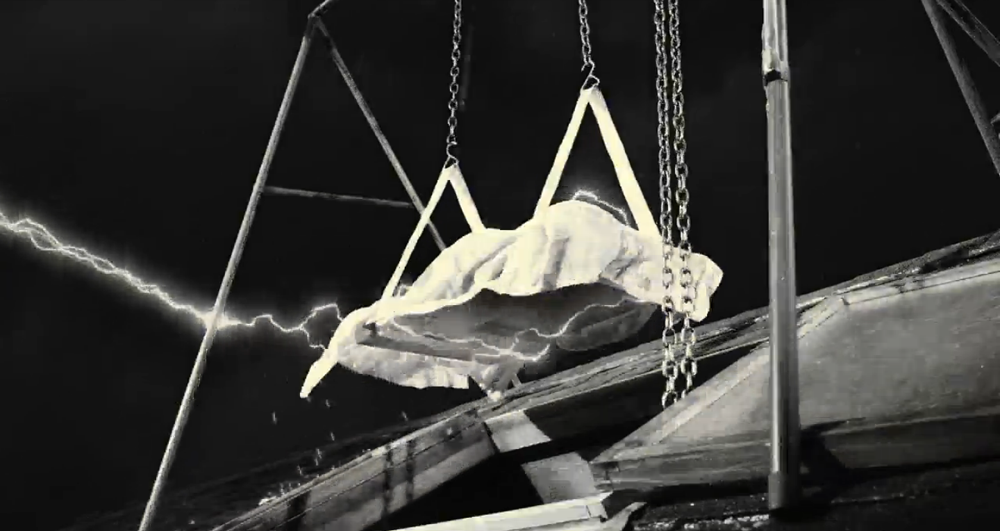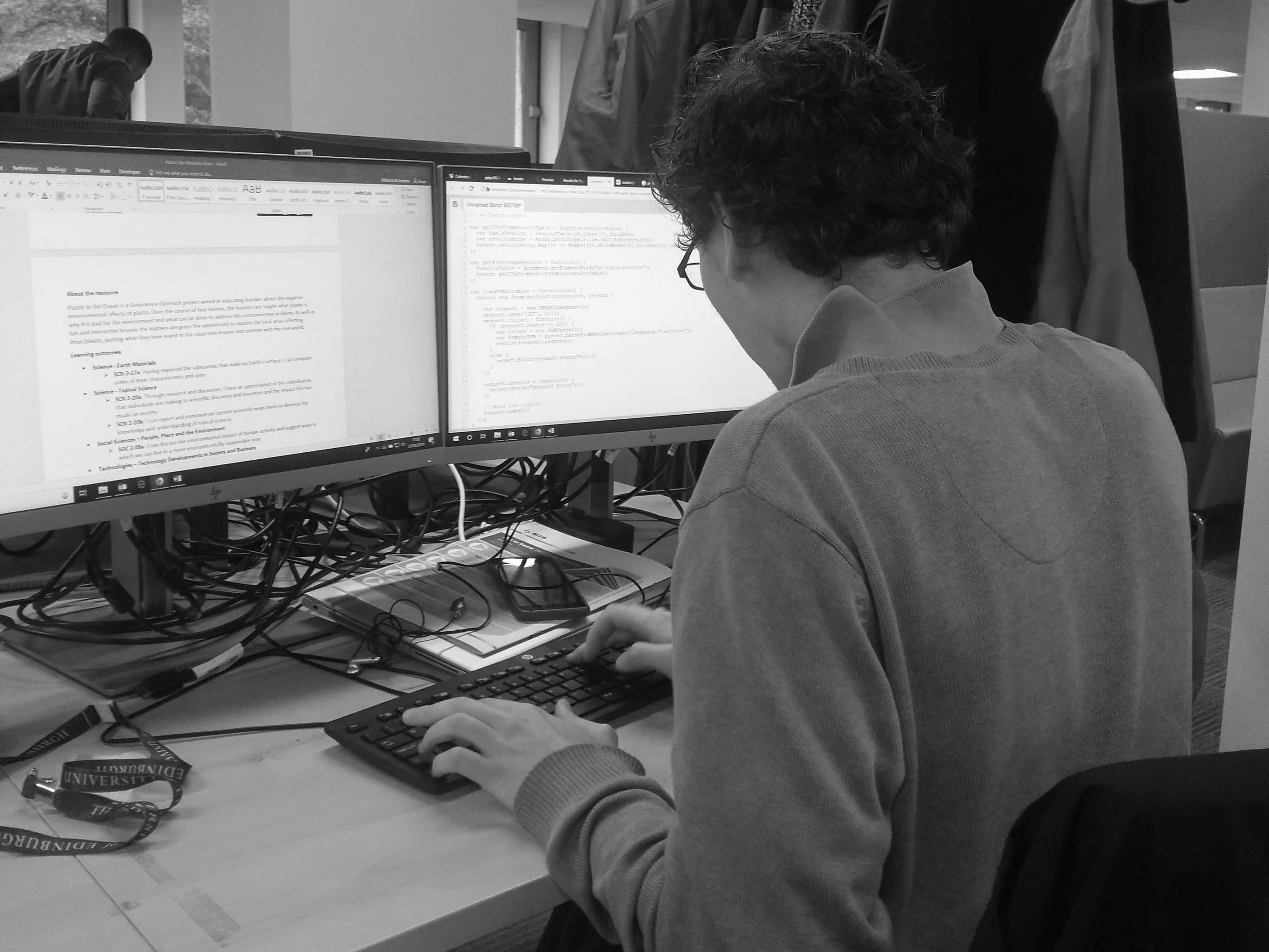The Employ.Ed internship often emphasises the project that, as an intern, you will be working on. The “Project” – to be capitalised from here on out – is the main focus of your internship: the legacy representing your efforts as an intern throughout the summer.
But what happens when your Project fails? An interesting hypothetical, perhaps. Except for me, it isn’t a hypothetical.
Failure of the Project
According to research performed on friends and family, a lengthy explanation of the ins and outs of Section 30(1) and Section 30(1ZA) of the Copyright, Designs and Patents Act may lead to boredom and the general desire to get me to shut up about the copyright stuff, you nerd, so I’ll skip the exact details. The important point, however, is that a sub-Project that I had been working on for a good two weeks ended up being too problematic to be of use.
Your response to a situation like this is a good indicator of how the remaining parts of the Project will come together. I admit, for an hour or so it wasn’t looking good: one-way trips to remote destinations with no phone coverage may have appeared in my search history!
It’s quite easy to take this personally. After spending countless hours pouring every working moment into the Project, you get attached to it. It becomes yours. And then to be told that it is gone, snatched away from you at what feels like the final hurdle can be devastating.
The Stages of Failure
Then come the stages. For me, denial appeared first. I didn’t want to accept that it was over. I kept thinking of ways to revive the Project, the small tweaks that could maybe, just maybe, set the Project back on track.
The next stage was realisation. Any attempt at reviving would be akin to marching down to the graveyard, digging up the corpse, and hooking it up to a couple-thousand volts. Sure, it might twitch around a bit, but it was still fundamentally dead.

And that’s when the final stage, acceptance, comes in. It is so very easy to get lost in the detail – heck, when dealing with the fine print of licenses all day, ignoring the detail is a dangerous thing to be doing. But every once in a while, you’ve got to take a step back and look at the big picture.
Acceptance
Over the past eight weeks as an intern at the University, I’ve achieved a lot. I’ve successfully adapted several teaching resources for use in the wider education community. I’ve helped reorganise the University’s portfolio of primary and secondary-level teaching resources. I’ve created templates and documented workflows. I’ve helped test the first online Micromasters programme to be delivered by any UK institution.
I’ve learned a lot, too. I’ve learned more about copyright law and exceptions. I now understand what qualifies for a derivative work. And most importantly, I have learned that failure is a fact of life. It is something that should be accepted, not feared. Perhaps I could have battled on, trying to make the Project a success. Perhaps I would have partially succeeded. But I wouldn’t have learned as much. Working on a project – no longer capitalised: I now understand it is just one component of the internship – which ends in failure doesn’t mean you have failed to learn. In fact, often you learn much more when a project fails than when is succeeds. When a project is successful moving onwards is easy. Failure forces you to reflect on why the project failed.
And if the benefit knowledge seems like too intangible a benefit for you, there was a tangible benefit that came from the failure of the project: it gave me something to write about for this blog!



Excellent post, and a lesson more people need to learn!
Thanks for sharing your lesson learnt so others could learn from it. Haha so many learns in my sentence but you get the point.
Nice title as well! made me want to read the blog instantly.